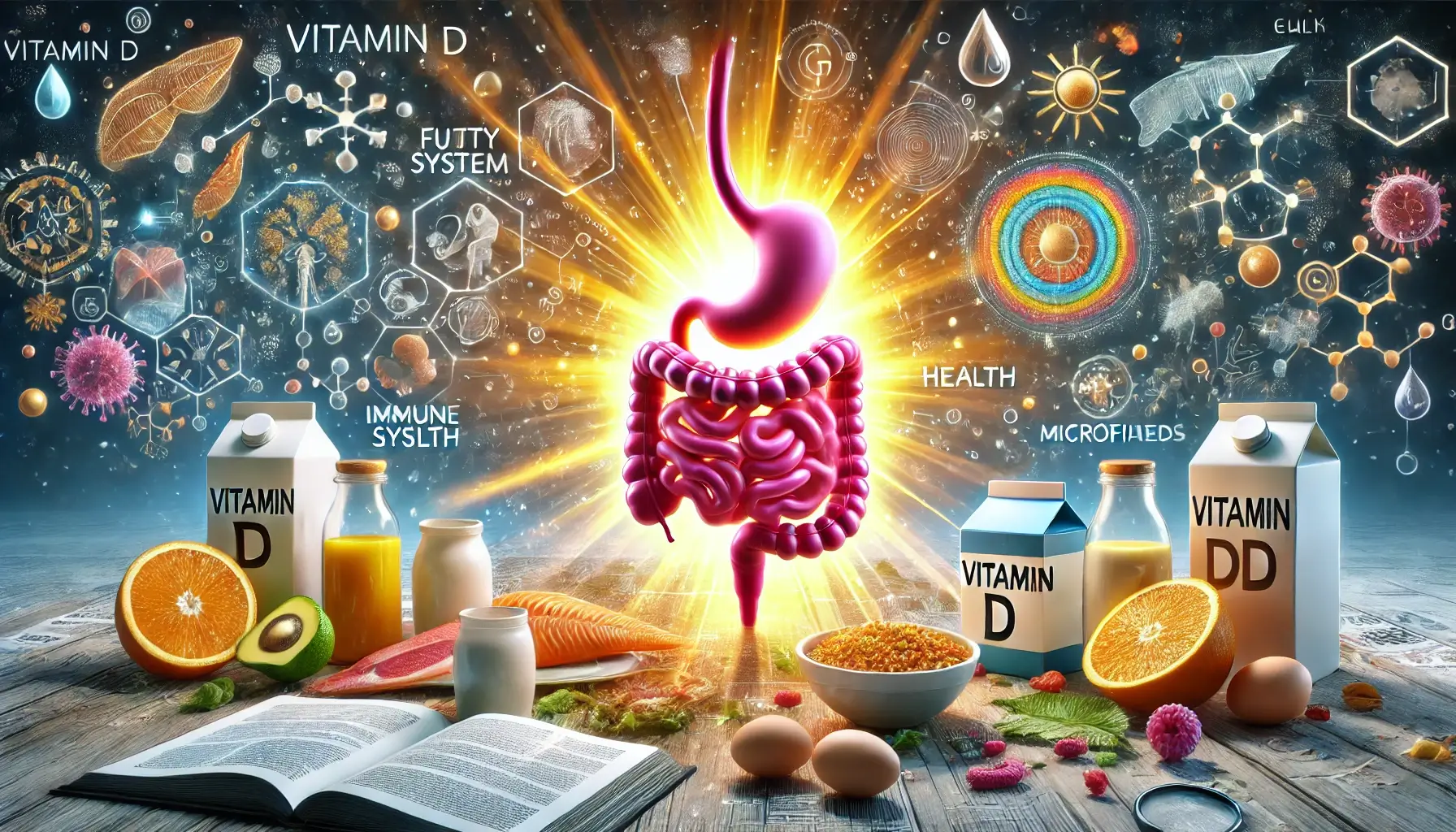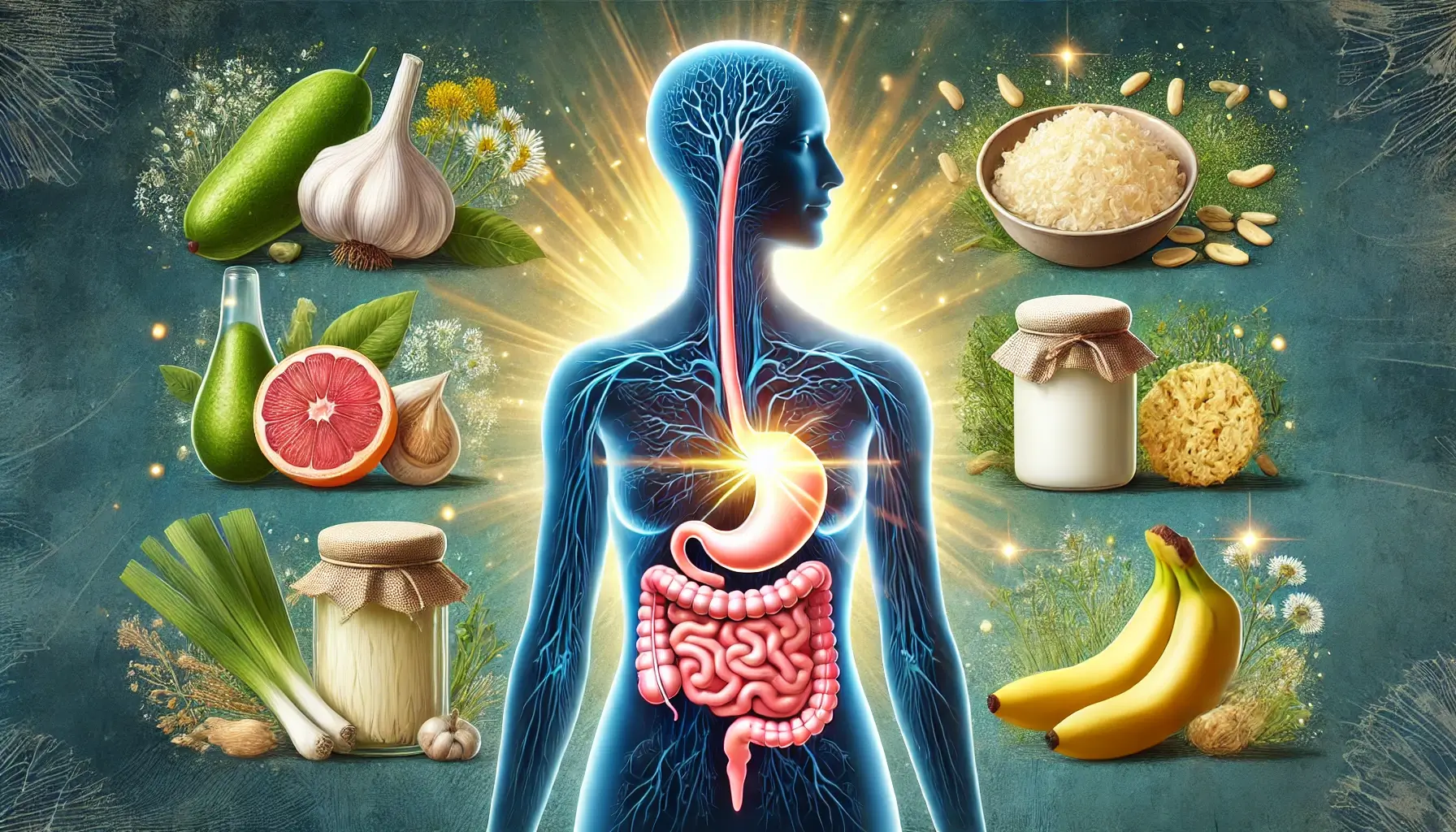Processed Meat and Digestive Health Processed Meats Can Be Bad for Digestion
Processed meat such as bacon, sausage, ham, salami, and hot dogs, can be bad for digestion. Here’s why.
High salt content: Processed meats can cause bloating, constipation, and diarrhea.
Many people enjoy processed meats due to their ease and lengthy shelf life. However, they frequently contain significant levels of nitrates and nitrites, employed as preservatives to inhibit the growth of dangerous microorganisms. While these molecules contribute to the shelf life of processed meats, they can also be detrimental to intestinal health.
When ingested nitrates and nitrites, they can react with specific amino acids to generate nitrosamine. Nitrosamines are known carcinogens and have been related to an increased risk of cancer, especially in the digestive tract. This is because they can cause DNA damage in cells and impair normal gastrointestinal function.
Consuming a lot of processed meats with nitrates and nitrites might lead to various health issues like high blood pressure and heart disease.
Consuming a lot of processed meats with nitrates and nitrites might lead to various health issues like high blood pressure and heart disease. These substances can constrict blood arteries, resulting in decreased blood flow and an increased risk of cardiovascular problems.
To reduce the hazards of eating processed meat, restrict your intake and choose healthy, whole-food options like fresh fruits, vegetables, and lean protein. Furthermore, reading food labels and selecting goods free of nitrates and nitrites can help lessen the dangers associated with processed meat intake.
Poor fiber: Processed meats are often low in fiber, which is necessary for intestinal health. Fiber promotes regular bowel motions and bulks the stool, preventing constipation.
If you’re concerned about your digestive health, restrict your intake of processed meats.
In addition to these concerns, processed meats can irritate the stomach lining, resulting in inflammation and discomfort.
If you’re concerned about your digestive health, restrict your intake of processed meats. Instead, eat nutrient-dense, fiber-rich foods that promote gut health, like fruits, vegetables, whole grains, and legumes.
Here are some particular ways to improve your digestive health:
Consume plenty of fiber: Aim for at least 25 grams per day. Fiber is found in fruits, vegetables, whole grains, and legumes.
Stay hydrated: Drink plenty of water all day to keep your stool soft and easy to pass.
Regular exercise keeps your digestive system flowing and might help cure constipation.
Manage stress: Stress can negatively affect your digestive system. Find healthy stress-management techniques, such as yoga, meditation, or spending time outside.
These modifications will help you improve your digestive health and feel more comfortable and regular.













